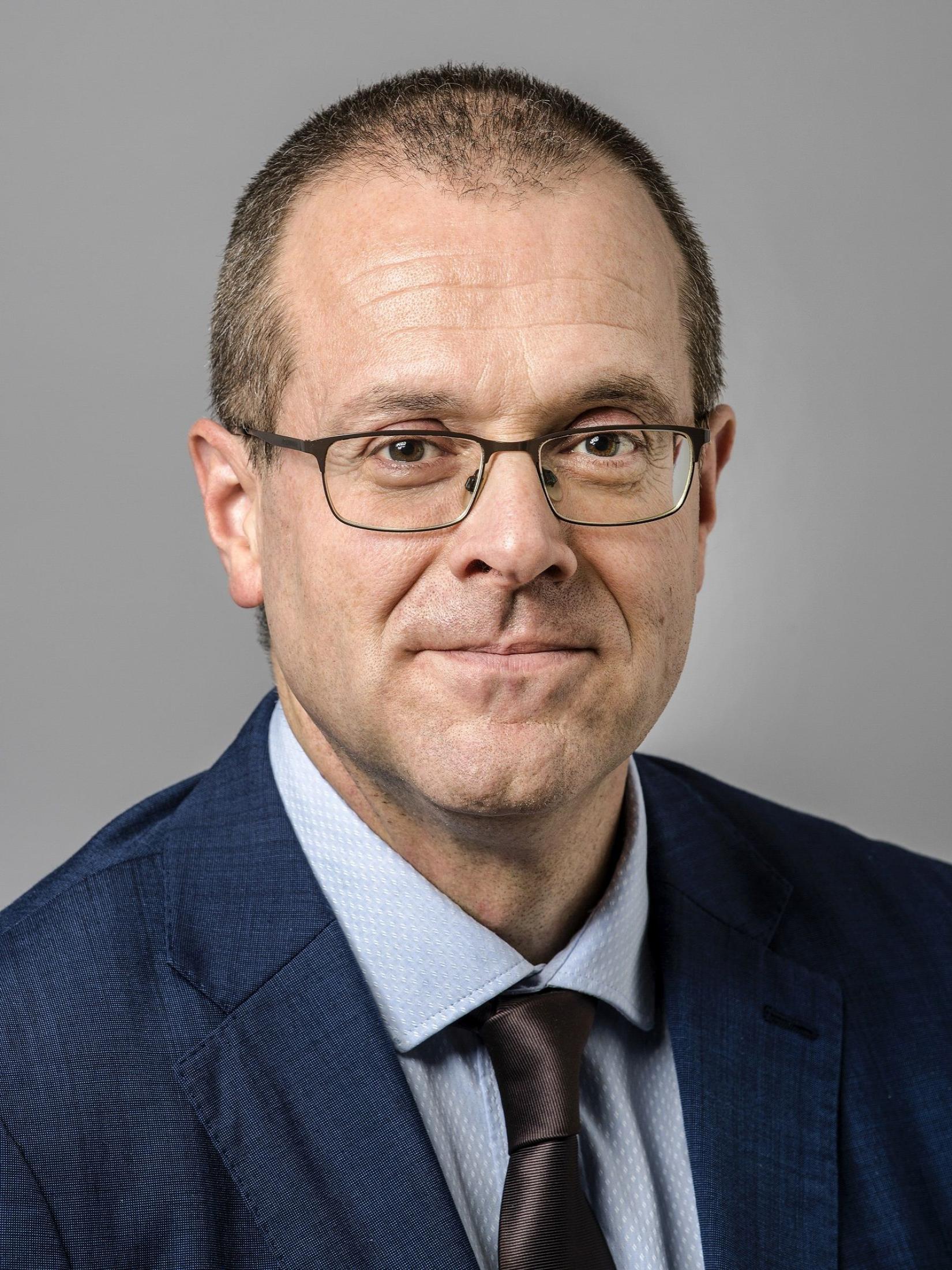Risk remains high in eastern Europe and central Asia with arrival of COVID-19 Omicron variant
Across the entire WHO European Region, we have now recorded more than 165 million COVID-19 cases to date.
This remains a deadly disease, 1.8 million people have lost their lives, 25,000 in the past week. Health systems are being put under increasing strain, not least because cases among health care workers are escalating – rising from 30,000 at the end of last year, to 50,000 a month later. As health needs increase, the number of staff available to deliver care has fallen, and the risk of transmission in healthcare settings has risen, further compounding the problem.

Today, our focus is towards the east of the WHO European Region. Over the past two weeks, cases of COVID-19 have more than doubled in six countries in this part of the Region (Armenia, Azerbaijan, Belarus, Georgia, the Russian Federation, and Ukraine). As anticipated, the Omicron wave is moving east – 10 eastern Member States have now detected this variant.
Vaccination remains our best defense against severe disease and death for all current COVID-19 virus variants circulating. However, too many people at greater risk remain unprotected: less than 40% of those aged over 60 in Bosnia and Herzegovina, Bulgaria, Kyrgyzstan, Ukraine and Uzbekistan have completed their COVID-19 vaccine series. Bulgaria, Georgia and North Macedonia are also among those countries where under 40% of health care workers have received at least one dose of COVID-19 vaccine.
I call on governments, health authorities and relevant partners to closely examine the local reasons influencing lower vaccine demand and acceptance, and devise tailored interventions to increase vaccination rates urgently, based on the context-specific evidence.
Faced with the Omicron tidal wave, and with Delta still circulating widely in the east, this worrying situation is not the moment to lift measures that we know work in reducing the spread of COVID-19. These include avoiding closed, confined or crowded locations, wearing masks when with other people indoors, improving ventilation where possible, using rapid tests to identify cases early, and making sure that health systems are well prepared to provide evidence-based treatments that we now know can reduce severe disease and death.
However, looking further ahead, I would like to repeat my message of hope. While we can never know what new variants of the virus will emerge, several things are working in our favour. These are high levels of immunity gained through infection or, preferably, vaccination, the end of the winter season with fewer people mixing indoors, and the lower severity of Omicron among those fully vaccinated.
We must use this respite [lull] to bring COVID-19 transmission fully under control and end the acute phase of the pandemic by:
- Maximizing vaccine coverage, paying particular attention to those groups where uptake has been poor; coupled with vaccine sharing across borders;
- Helping people to minimise the risk to themselves and others, through frequent self-testing, financial and other support for self-isolation, wearing masks when mixing with other people indoors;
- Scaling up access to effective antivirals and other evidence-based treatments in all countries;
- Support health systems to reduce the backlog of treatment resulting from the pandemic and as they plan ahead for a growing burden of Long COVID.
These critical actions apply to east and west alike.
On that note, let me turn to the report that we are launching at an event later today, on this International Childhood Cancer Day. The report examines inequalites in childhood cancer. The good news is that up to 90% of childhood cancers can be cured. And yet, in some places, survival rates for childhood cancer are as low as 20%. These inequalities are further compounded later in life, as a cancer diagnosis transforms the opportunities and future of the child and their family.
One of the terrible consequences of this pandemic has been the unequal burden it has placed on those who were already disadvantaged. Ensuring that health systems can recover their focus on cancer care will help to break the vicious cycle that blights the future of children already dealt a poor set of cards in life.

